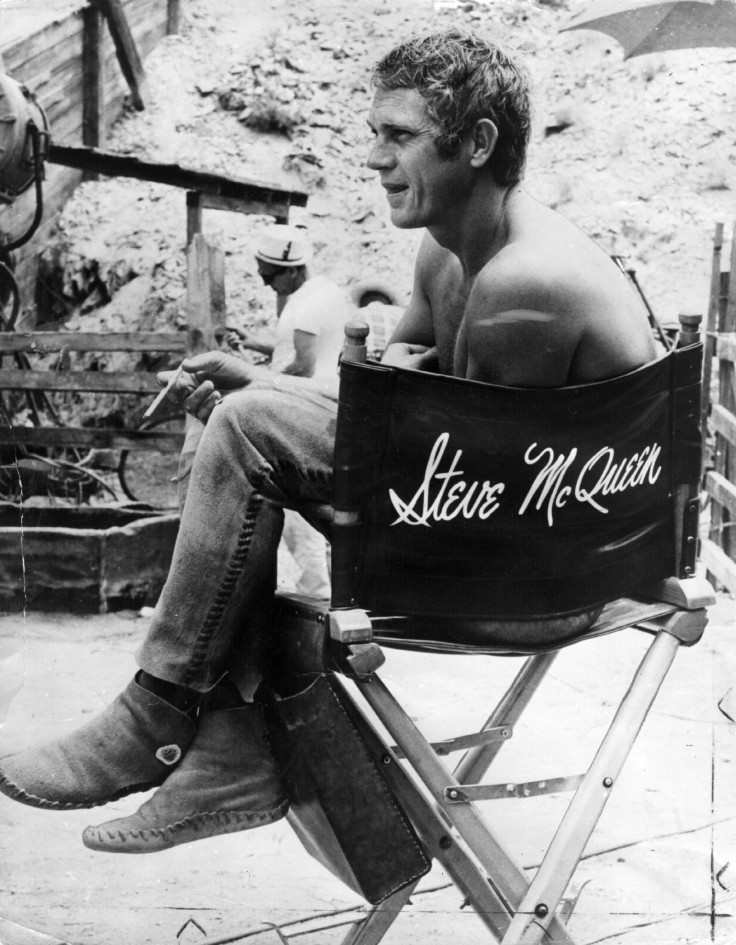Steve McQueen's aftershave contains chemical that arouses women

He became a global heartthrob thanks to his Hollywood good looks and icy cool - but there may have been something more in the mix.
Steve McQueen's aftershave may have had something to do with cementing his appeal to the opposite sex.
Christian Dior's Eau Sauvage, McQueen's aftershave of choice, contains a chemical that stimulates parts of the brain in women responsible for releasing sex hormones, scientists have discovered.
The scent contains the chemical Hedione, which stimulates the hypothalamus, a part of the brain in women that generates pheromones, chemical signals secreted when aroused, reports the Telegraph.
Hedione, which is named after "hedone", the Greek term for fun, pleasure and lust, has a pleasant jasmine-magnolia scent, and was first used in Eau de Sauvage in 1966.
The scent's success led to it being used in a range of other aftershaves, including First, by Van Cleef & Arpels; Chamade by Guerlain; Chanel no. 19; L'Eau d'Issey by Issey Miyake, Angel by Thierry Mugler, Blush by Marc Jocobs, Paco by Paco Rabane and CKOne.
To test the effect of the chemical on the human brain, scent researcher Prof Hanns Hatt from Ruhr-Universität Bochum in Germany, compared its effects with those of phenylethyl alcohol, a traditional floral fragrance.
He found that the chemical stimulated the limbic system, which is associated with emotions, memory and motivation, which the alcohol based scent did not.
In women, the chemical stimulated the hypothalamus, which stimulates sexual responsiveness by triggering sex hormones.
© Copyright IBTimes 2025. All rights reserved.




















